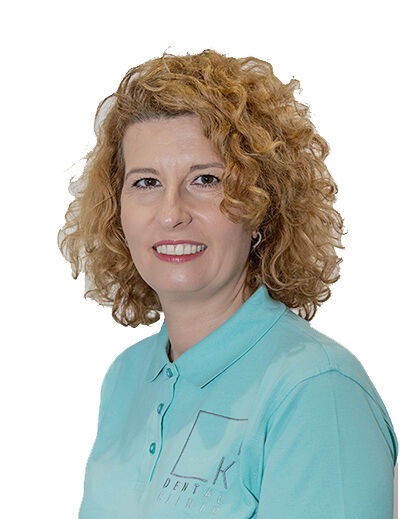

International online conference Periodontology & Friends
Activity of selected probiotic strains against P. gingivalis
Introduction: P. gingivalis is a key periodontal pathogen that is associated with dysbiosis in the dental biofilm and impaired immune response by the body. In recent years, it has been established that the basis of the pathogenesis of periodontal diseases is dysbiosis in the dental biofilm. One of the modern methods for restoring the balance in dental plaque is the use of probiotics.
The aim of the present study was to investigate the antimicrobial activity of selected strains of lactobacilli and S. thermophilus against P. gingivalis.
Material and methods: The antimicrobial effect of lactobacilli or S. thermophilus from the LBB Culture collection against P. gingivalis DSM 20709 was evaluated with the well diffusion assay on Wilkins Chalgren blood agar. Inhibition of the pathogen was evaluated by measuring the diameter of clear zones around the wells.
Results: The most active culture was S. thermophilus 187/4, followed by L. delbr. ssp. bulgaricus (LBB.B1054) and L. reuteri. The effectiveness of the analysis was confirmed with Elgydium and Eludril.
Conclusion: P. gingivalis DSM 20709 is sensitive to metabolites produced in fermented milk from selected strains of L. delbr. ssp. bulgaricus, S. thermophilus and L. reuteri. Lactic acid, produced by lactic acid bacteria, is a key component in inhibiting the pathogen.
back to International online conference Periodontology & Friends
